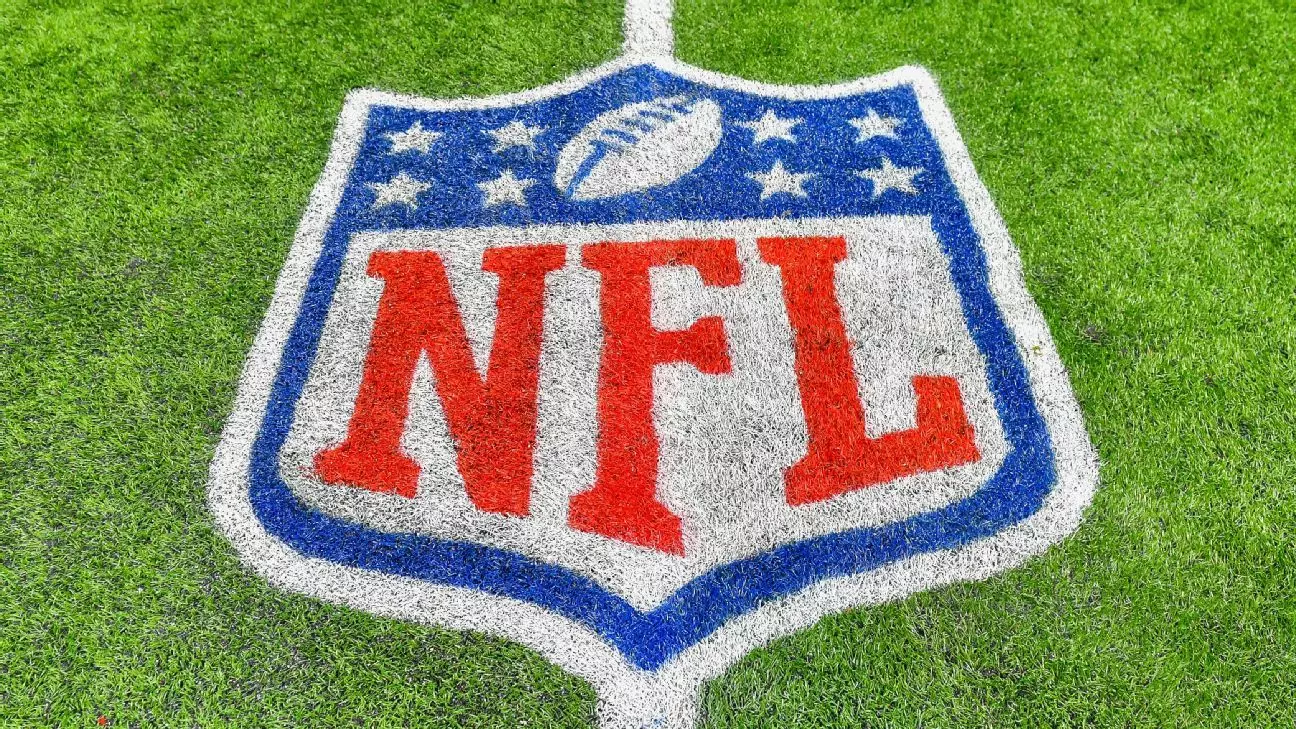The aftermath of the class-action lawsuit filed by „Sunday Ticket“ subscribers against the NFL has left many questions unanswered. U.S. District Judge Philip Gutierrez expressed dissatisfaction with the jury’s handling of the case, particularly in determining damages. He emphasized that damages should not be based on guesswork or speculation, and that plaintiffs must prove the reasonableness of the assumptions underpinning their calculations. The jury’s decision to award $4.7 billion in damages to residential and commercial subscribers was met with skepticism and criticism from legal experts, who deemed the amount indefensible.
The jury’s damages award failed to align with expert models proposed during the trial. Economists such as Daniel Rascher and John Zona had put forth different calculations for damages based on varying methodologies. The jury, however, opted for a simplistic approach by subtracting the average price paid by subscribers from the list price and multiplying the difference by the number of subscribers. This deviation from the expert opinions has raised concerns about the validity and justification of the damages awarded.
The implications of the jury’s decision are significant for the NFL, given the possible tripling of damages under federal antitrust laws. If the ruling stands, the league could be facing a staggering $14.1 billion liability. The NFL has already indicated its intention to appeal the verdict, a process that could lead all the way to the Supreme Court. In the meantime, any changes to the „Sunday Ticket“ package and the distribution of Sunday afternoon games are on hold pending the outcome of the appeals process.
The legal battle stemming from the class-action lawsuit poses numerous challenges for the NFL. The league’s media distribution model, which it defends as fan-friendly, is under scrutiny, as allegations of antitrust violations cast a shadow over its operations. The outcome of the appeals process will determine the future trajectory of the NFL’s broadcasting practices and financial obligations. The league’s commitment to upholding its position in the face of legal challenges will shape its reputation and standing within the sports industry.
The repercussions of the class-action lawsuit verdict against the NFL are far-reaching and uncertain. The discrepancy between the jury’s damages award and expert opinions, coupled with the looming threat of tripled damages under antitrust laws, presents a formidable challenge for the league. The legal battles ahead will test the NFL’s resilience and ability to navigate complex legal terrain, with potential implications for its operations and public image. The outcome of the appeals process will determine the league’s future course of action and its standing in the competitive landscape of professional sports.


Napsat komentář